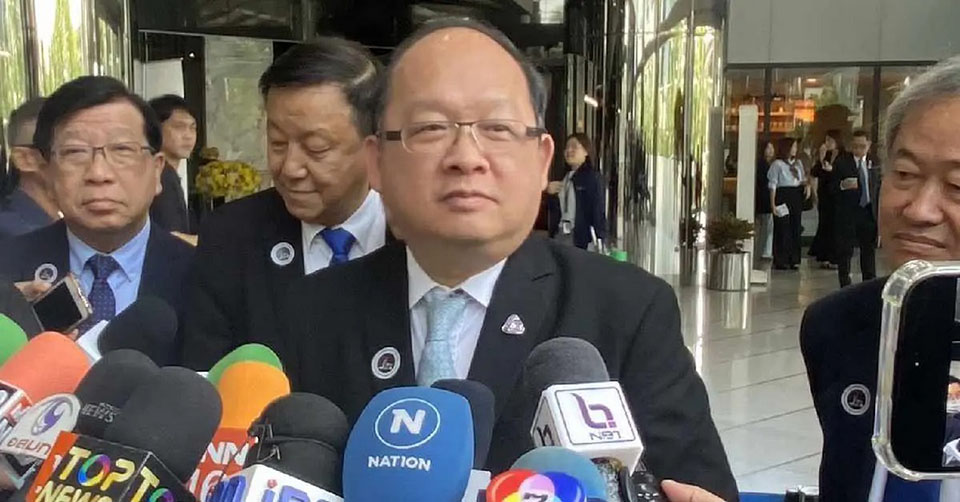
BANGKOK, Thailand -The Federation of Thai Industries (FTI) presented eight key issues to Prime Minister Paetongtarn Shinawatra, focusing on five urgent measures aimed at helping small and medium-sized enterprises (SMEs) and three long-term strategies to boost the economy on August 23.
Kriengkrai Thiennukul, Chairman of the FTI, urged the government to address the impact of low-cost Chinese imports on SMEs, which led to the closure of 667 businesses in the first half of 2024. He requested stricter import inspections and measures to support affected SMEs.
The five urgent measures include:
- Protection for SMEs from Low-Cost Imports: Implement stricter checks on both certified and non-certified imported goods to safeguard local businesses.
- Cost Reduction for SMEs: Urgently lower electricity and energy costs, and stabilize labor costs by adhering to a trilateral wage framework. The FTI also suggested the establishment of an energy council to ensure stable electricity pricing.
- Promotion of Cross-Border Trade: Improve logistics and open permanent border trade checkpoints. Also, enhance road infrastructure to facilitate smoother export processes.
- Digital Transformation for SMEs: Support the digitalization of businesses through initiatives like the FTI’s Digital Day and continued investment in innovation funds. The government was urged to provide low-interest loans to help SMEs improve product quality and adopt green business practices.
- Support for ‘Made in Thailand’ Campaign: Increase market share for locally made products, aiming to boost the campaign’s economic impact from the current THB 100 billion to THB 550 billion.
In the long term, the FTI called for support in transitioning the automotive parts industry toward new target sectors like medical devices, defense equipment, and aircraft manufacturing. They also emphasized the promotion of creative industries, software development, and the establishment of a regional jewelry hub to replace Hong Kong. Lastly, they urged the government to eliminate redundant regulations to reduce business costs by THB 130 billion.
Additionally, Kriengkrai expressed support for the government’s plan to distribute THB 10,000 in digital cash to 14.5 million vulnerable citizens, including the elderly and disabled, similar to Singapore’s model. This measure aims to stimulate the economy by providing immediate financial relief to those in need. (TNA)








